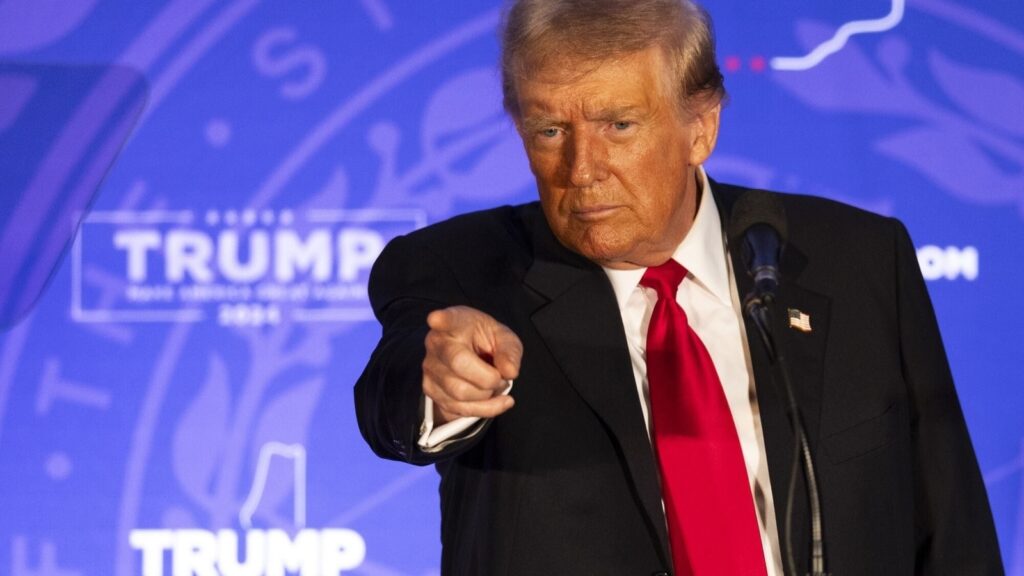Last week, the American electoral cycle kicked off with the first Republican primary battle in Iowa. Former President Donald J Trump decisively triumphed with 51% of the vote of registered Republicans. The win makes Trump the favourite to become the Republican presidential candidate against Joe Biden, the presumptive Democratic nominee, this November. Florida governor Ron DeSantis came a distant second in a state where he invested all his political capital, and his campaign is now on the brink of a collapse. Former South Carolina governor Nikki Haley came third and is now betting on New Hampshire where, unlike Iowa, independents can vote in the Republican primaries. But at the moment, her candidacy doesn’t look viable enough to withstand the Trump juggernaut. Vivek Ramaswamy, who came fourth, dropped out of the race and endorsed Trump, having achieved his objective of becoming a visible energetic Republican face at the age of 38 and betting on a future role in a Trump administration.
Iowa has decisively shown that the modern Republican Party is Trump’s party. Think of it. Here is a candidate who refused to accept the legitimacy of the 2020 electoral results going against the wisdom of the rest of the Republican Party leadership and his own vice president, Mike Pence. He then allegedly encouraged a mob to march to the US Capitol, seeking to block the certification of the results. He allegedly took away classified files and refused to return them when asked. Trump now faces four indictments and 91 criminal charges. And under him, the Republicans have lost the 2018 midterms, the 2020 presidential polls, and the 2022 midterms.
Yet, Trump is back. This shows the overwhelming role of personality-centric politics in the US where, for his supporters, primarily among the White working class in rural America, Trump can do no wrong. It shows the resonance of Trump’s rhetoric on illegal immigration, often driven by bigotry and faith in his ability to “secure” America’s borders. It speaks to the strong isolationist impulse guiding a segment of the American electorate that views the US’s global alliances as a liability rather than as a source of American global power and is frustrated by the country’s involvement in distant wars. Trump’s candidacy shows that his diagnosis linking liberal trading arrangements to unemployment and promise of an America-centric economic and manufacturing strategy has widespread appeal, even if the Biden administration has done more to translate that into policy. It reveals the depth of anti-incumbency against Biden. And it shows that even as his appeal among minorities grows, Trump’s core base is the White Right.
None of this means Trump is about to become the next US president. Nine and a half months is a long time in politics. His legal challenges are serious. Close to half of America is strongly opposed to him. The anger against the US Supreme Court verdict on abortion, enabled by judges appointed by Trump, is real. The complex electoral college system means that eventually, the outcome will depend on the mood in a few swing states. And while Biden is down, he isn’t necessarily out. But just the fact that one big party, indeed America’s Grand Old Party, is likely to go again with Trump as a nominee, after his disturbing track record, speaks of a dramatic degeneration in the world’s oldest democracy.
Continue reading with HT Premium Subscription
Daily E Paper I Premium Articles I Brunch E Magazine I Daily Infographics


